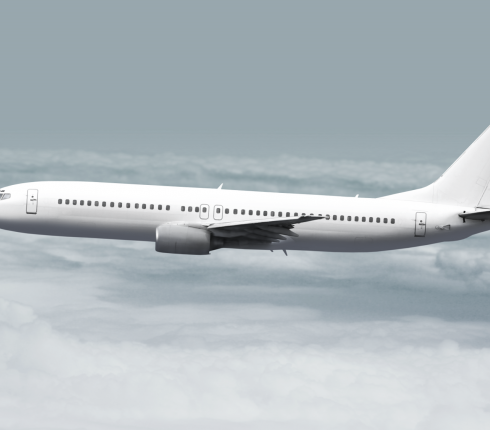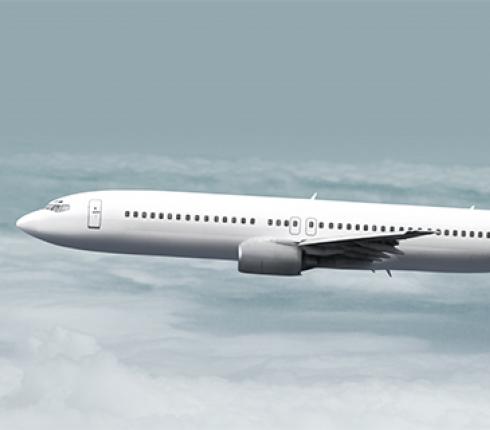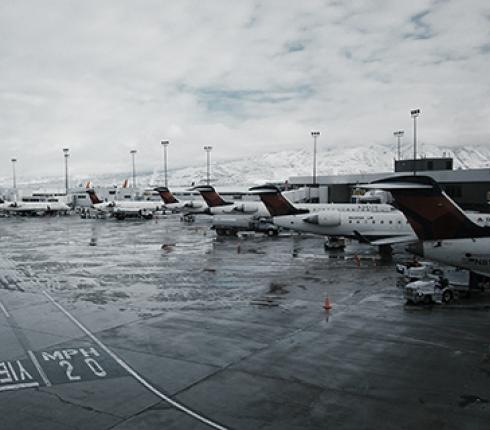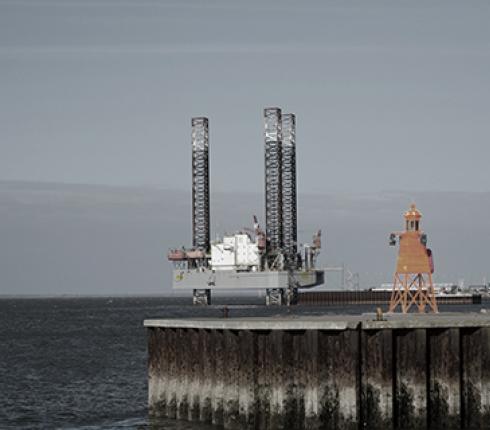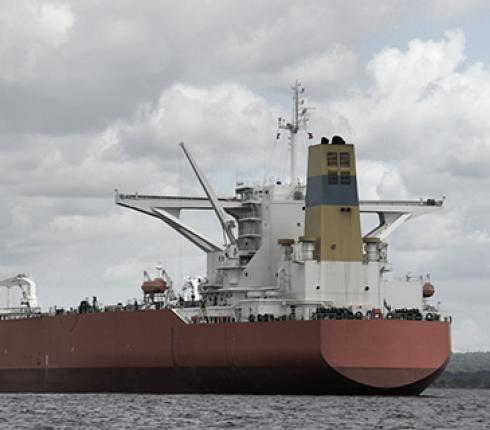EU ruling: Passengers' right to compensation in the case of diversion to another airport
An air passenger was not entitled to flat-rate compensation under Article 7(1) of Regulation No 261/2004, even though the air carrier diverted the aircraft and landed at Berlin Schönefeld airport instead of Berlin Tegel airport. However, the CJEU found that the airline had to offer the passenger, on its own initiative, to bear the costs of the transfer to the originally planned airport – or another nearby destination agreed with the passenger.

THE FOCAL POINT OF THE CASE
The action brought before the Austrian courts concerns compensation for the inconvenience caused by the diversion of an aircraft to an airport other than the one originally planned, located in the same geographical area.
The passenger claimed a flat-rate compensation of EUR 250 for the diversion of the flight between Vienna in Austria and Berlin, Germany. The flight from Vienna to Berlin was originally supposed to land at Berlin Tegel airport but instead ended up landing at Berlin Schönefeld airport, resulting in a delay of 58 minutes. The airline did not offer the passenger a transfer from the alternative airport (Berlin Schönefeld) to the originally planned airport (Berlin Tegel).
The air carrier did not consider that the diversion of the flight from Berlin Tegel airport to Berlin Schönefeld airport meant that the passenger was entitled to the flat-rate compensation, which could be EUR 250, 400, or 600 respectively, depending on the distance of the route. At the same time, the air carrier stated that the passenger had reached the passenger’s final destination with a delay of only 58 minutes and that the diversion, and thus the delay, was due to significant weather issues, i.e., exceptional circumstances which, therefore, did not qualify for compensation under Article 5(3) of Regulation 261/2004.
THE DECISION OF THE COURT OF JUSTICE OF THE EUROPEAN UNION
In the case, the CJEU was asked several questions for a preliminary ruling concerning the interpretation of Regulation No 261/2004. The CJEU held that the diversion of a flight to another airport serving the same town, city, or region as the airport originally planned does not, as a rule, entitle a passenger to compensation. When assessing whether an airport operates within the same town, city, or region, the CJEU pointed out that the decisive factor in this assessment is that the airport of substitution is in close proximity to the territory of the airport originally planned.
However, it should be noted that the passenger will be entitled to compensation if the passenger reaches his or her final destination three hours or more after the time of arrival originally planned by the air carrier. The extent of the delay in arrival is determined when the passenger arrives at the final destination (i.e., either the original airport or another close-by location in agreement with the air carrier).
THE PASSENGER IS ENTITLED TO COMPENSATION
Nevertheless, the CJEU found that the passenger was not entitled to flat-rate compensation under Article 7(1) of Regulation No 261/2004, but that the passenger was nevertheless entitled to reimbursement of the costs incurred by the passenger, which must be considered necessary, appropriate, and reasonable in the light of the facts of each case.
At the same time, the CJEU pointed out that the airline must, on its own initiative, offer passengers to bear the costs of transfer from the airport of substitution to the originally planned airport.
Contact
NJORD specialises in maritime and transport law, including package tours and flight delay. Feel free to contact our lawyers if you want to know more about aviation cases or other transport law matters.










